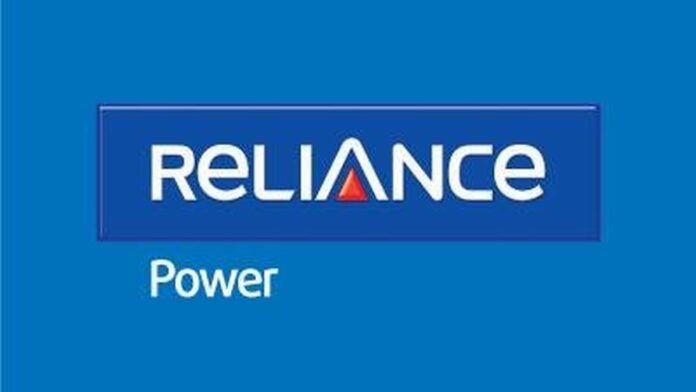Reliance NU Suntech, a subsidiary of Reliance Power, has been awarded a major contract by the Solar Energy Corporation of India (SECI) for a solar and battery energy storage system (BESS) project. The project is for its 930 MW solar project, along with a 465 MW/1860 MWh BESS component.
The contract was secured through a competitive e-reverse auction held on December 9, 2024. Reliance NU Suntech emerged as the winner, securing the largest individual allocation of 930 MW from a pool of five companies bidding for a total capacity of 2,000 MW of interstate transmission system (ISTS)-connected solar projects.
Also ReadEmerging trends to redefine 2025 outlook in tech hiring space
Key Features of the Project
The project combines solar power with energy storage, enhancing the reliability and cost-effectiveness of renewable energy. Under a 25-year Power Purchase Agreement (PPA) with SECI, the solar power will be sold to multiple DISCOMs across India. The energy storage system ensures a steady power supply even during low solar generation. This initiative strengthens India’s renewable energy capacity, reduces reliance on fossil fuels, and solidifies Reliance NU Suntech’s position in the power generation sector.
Also Read Solar startup SolarSquare raises $40 million from Lightspeed, Lightrock, others Reliance Power arm bags 930 MW contract from SECI Waaree Energies to set up 11.4GW solar cell capacity by FY27 Betting on solar power! Tata Power Renewable Energy commissions 431 MW DC project in Madhya Pradesh
The project, which will feature the largest deployment of grid storage batteries at a single site in Asia (excluding China), aims to address key challenges in energy distribution and supply. The 930 MW solar power plant, combined with the BESS, will provide a consistent and reliable supply of power, including a guaranteed peak power supply for 4 hours daily.
Also ReadCementing key position: Adani-owned Ambuja Cements announces merger of Sanghi Industries, Penna Cement with itself
This will offer a much-needed solution to Distribution Companies (DISCOMs) that have been forced to purchase expensive power from exchanges during peak hours, often at rates as high as INR 10 per unit.
The company will also be required to install a minimum of 465 MW/1,860 MWh energy storage capacity, charged by solar power.
Impact on the Energy Sector
The deployment of large-scale energy storage systems,
» Read More


